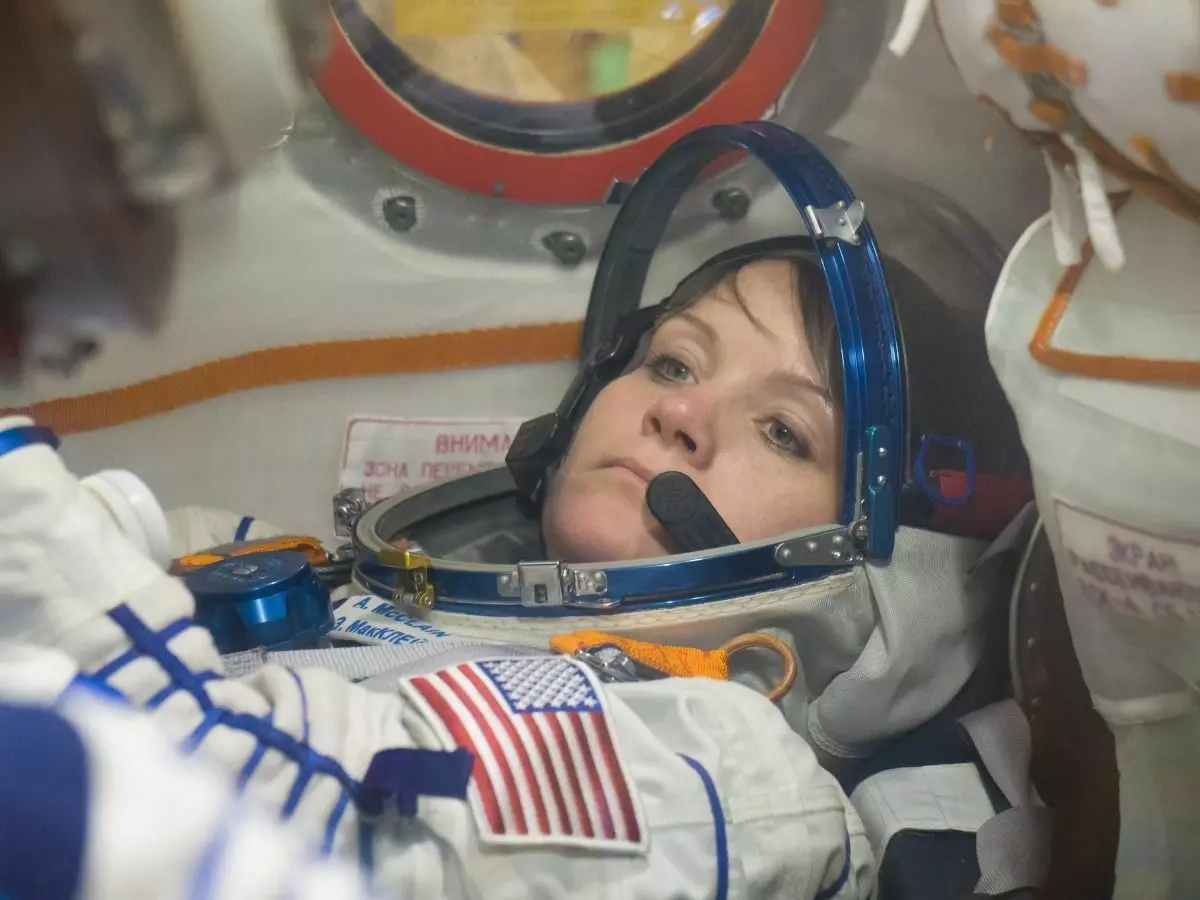First Human To Set Foot On Mars Is "Likely To Be" A Woman, According To NASA Chief
NASA got its first female astronaut in 1978, 20 years after the space agency was founded, and it was five years until she became the first female NASA astronaut to go into space. But now, the agency*s chief says its women have big things ahead.

NASA got its first female astronaut in 1978, 20 years after the space agency was founded, and it was five years until she became the first female NASA astronaut to go into space.
But now, the agency's chief says its women have big things in their future, and might become pioneers themselves.

NASA astronaut Peggy Whitson during a spacewalk in 2008 - NASA
In a recent appearance on a science and technology radio show, NASA administrator Jim Bridenstine stated that the next person on the Moon is likely to be a woman. But that was just the tip of the iceberg. He also indicated he believes women will also be the first to set foot on Mars.
Also Read: There's A Reason We're So Obsessed About Going To Mars, But It's Not Going To Be Easy
"It's also true that the first person on Mars is likely to be a woman," he said in the chat. He's not specified any reason for saying that though, just that he believes it.
The statement was in response to a question tweeted to him during the show, Unfortunately, Bridenstine was only given 30 seconds to answer it, so he wasn't able to elaborate, if indeed he could.

It's not surprising, given that NASA is about to have its first all-female spacewalk outside the International Space Station. So it's certainly a possibility women will be the first to return to the Moon or go to Mars. The indication that it's more likely than a male astronaut making the trip however is unexplained.
Also Read: Prepare To Feel Inferior: Here's How NASA's Peggy Whitson Is A Space Record-Breaking Machine
Among all of NASA's currently active astronauts, less than a third are women. Two of those, Anne McClain and Christina Koch, are currently on the ISS and preparing for their spacewalk on March 29. If their missions keep them up there for a couple of years, NASA will probably also have them shoreside for a similar amount of time, meaning they might possibly be out of the running to go to the Moon or Mars. That leaves 10 women candidates, not counting any other that may join and train up on the meantime however.

NASA astronaut Anne McClain on her way up to the ISS in November - NASA
If however, what Bridenstine wasn't able to explain was that NASA is prioritizing a female captain for a future mission to the Moon or Mars, that's a different story. But whoever that possible lucky lady, she's going to have quite the breathtaking sight waiting for her when she takes that "one small step".
